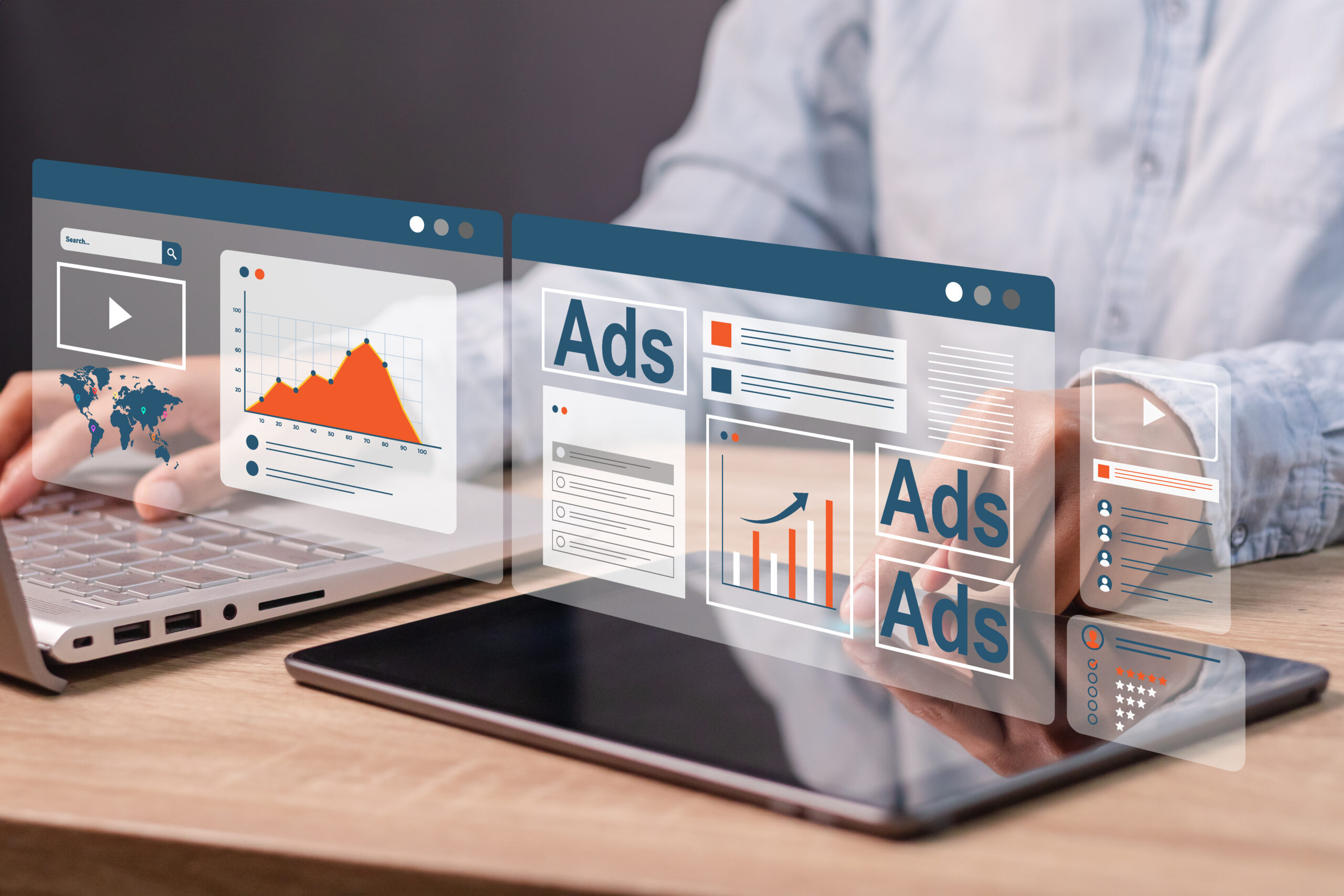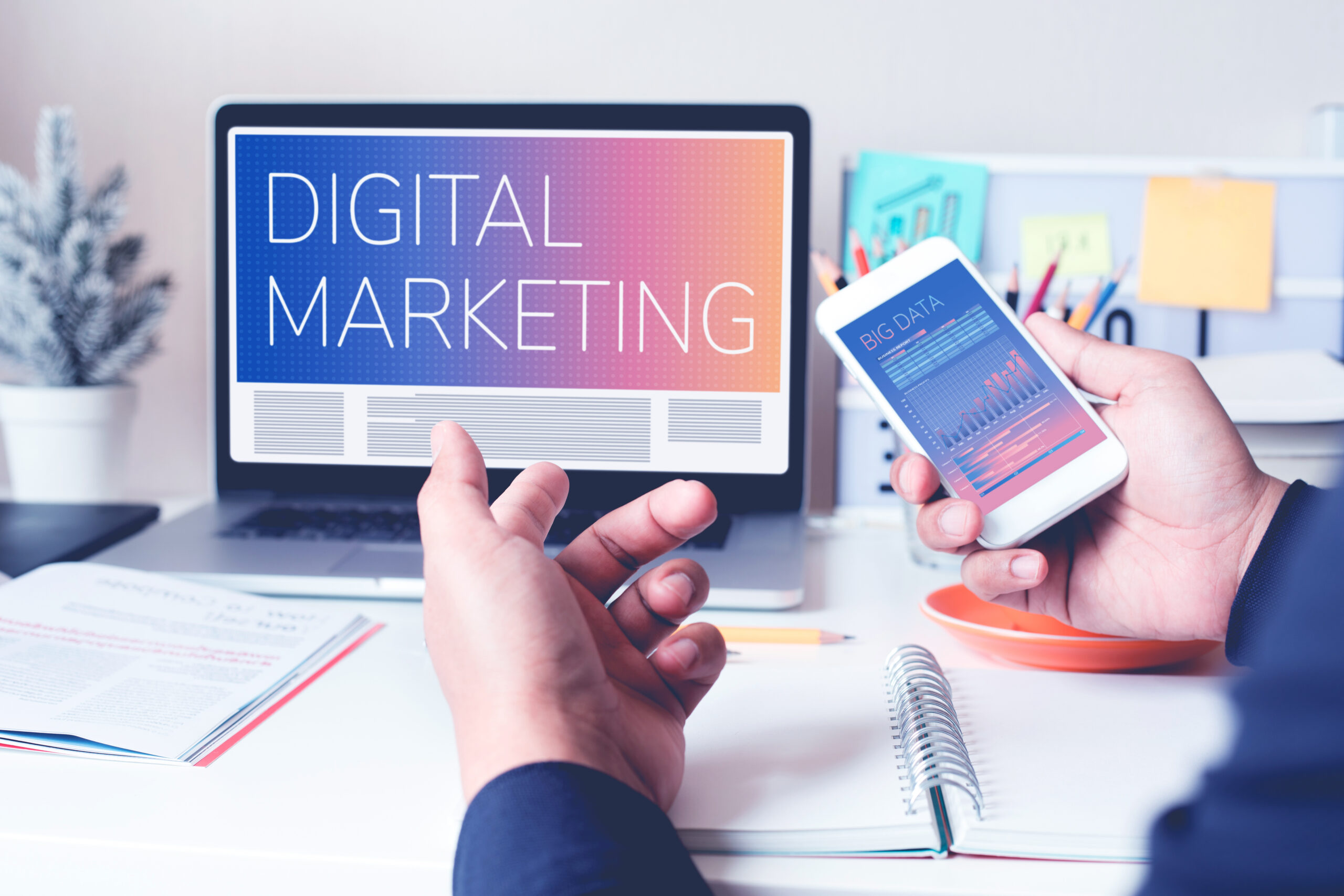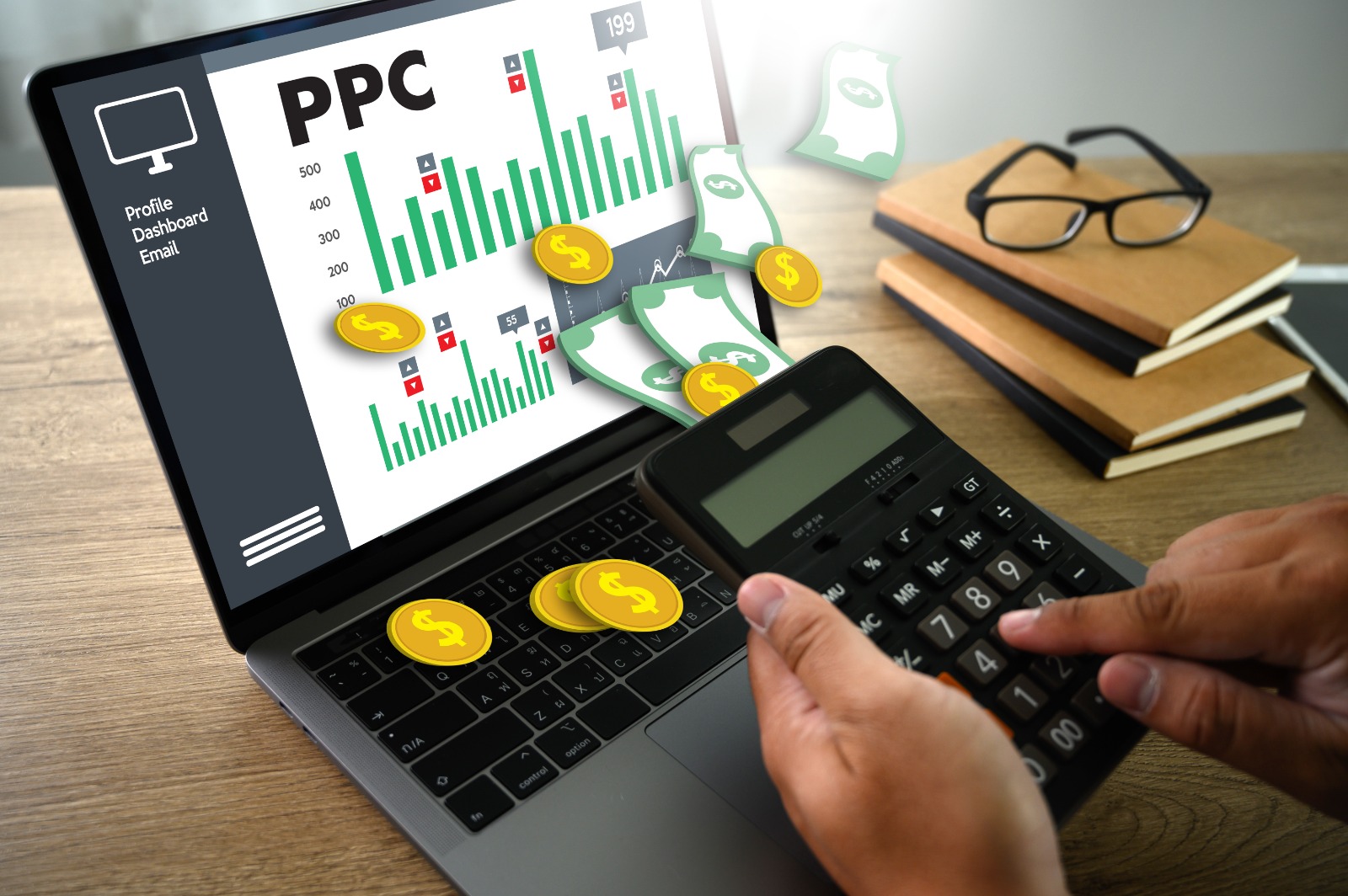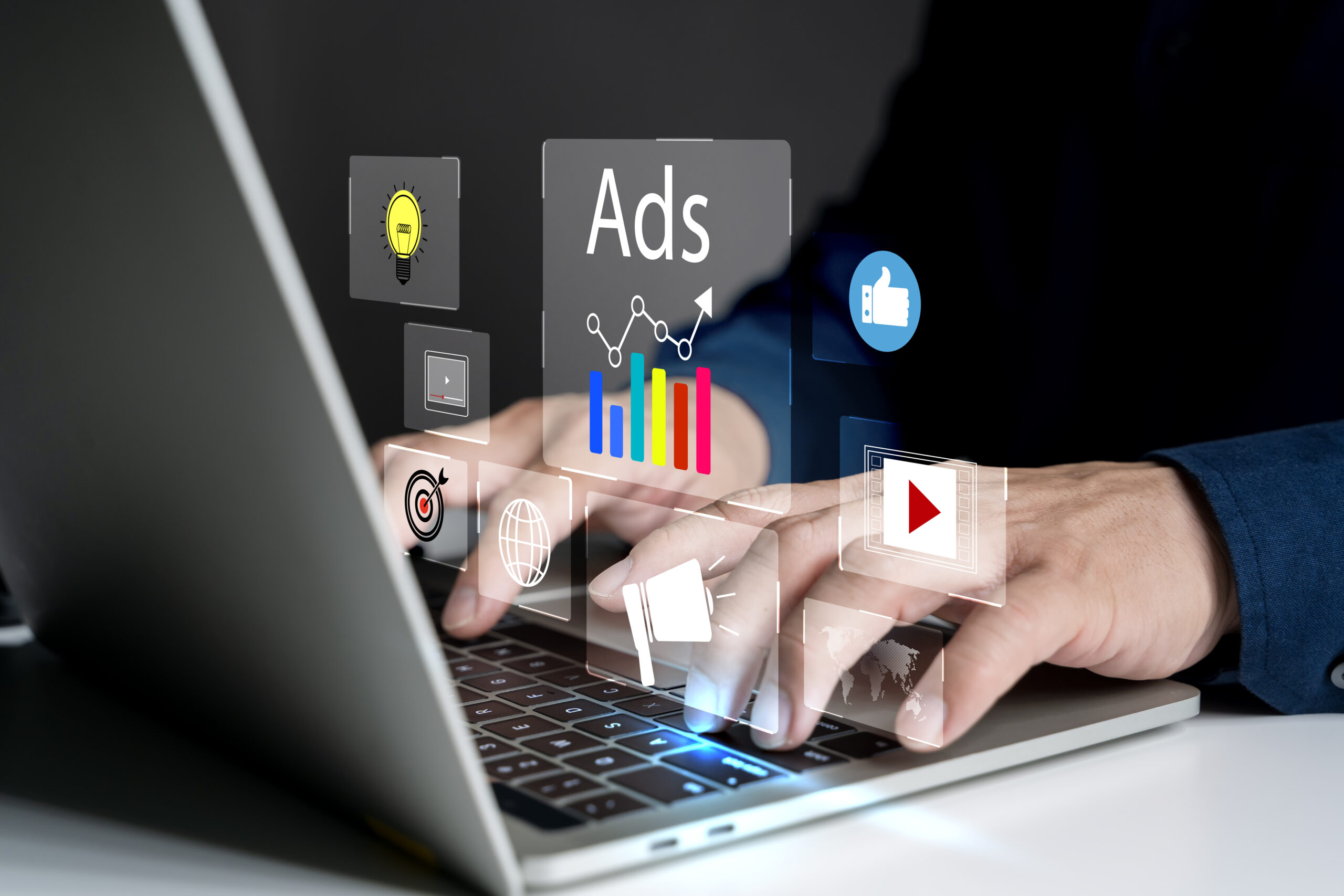Digital marketing is evolving, and businesses no longer want to spend money without seeing results. They want measurable, ROI-driven campaigns — and that’s exactly what Performance Marketing delivers.
Performance Marketing is a type of digital marketing where advertisers pay only when a specific action is completed — such as a click, lead, sale, or download.
In short: You pay for performance, not just for exposure.
Want to master performance marketing with live campaigns? Explore our Performance Marketing Course.
Why Performance Marketing Matters in 2025
- ROI-Focused: Every rupee spent is tracked.
- Measurable: Marketers can see which campaigns are driving results.
- Scalable: Budgets can grow only when campaigns work.
- Low Risk: You pay only for measurable outcomes, not just impressions.
This is why companies prefer job-ready marketers who understand hands-on performance marketing tools.
How Does Performance Marketing Work?
Performance marketing connects advertisers, publishers, and target audiences through measurable goals.
Step-by-step flow:
- A brand sets an objective (e.g., leads, sales, downloads).
- A campaign is launched (Google Ads, Meta Ads, Affiliate Marketing).
- Publishers/marketers promote it.
- The brand pays only when the action is completed.
Example: Running a Google Ads campaign where you pay only for clicks or conversions.
Key Channels in Performance Marketing
1. Search Engine Marketing (SEM)
- Google Ads & Bing Ads.
- Pay per click (PPC) on keywords.
- Great for intent-based leads.
2. Social Media Ads
- Facebook, Instagram, LinkedIn, YouTube.
- Target users based on demographics, interests, and behavior.
- Pay for clicks, conversions, or impressions.
3. Affiliate Marketing
- Partner with affiliates who promote your product.
- Pay commission only for sales/leads.
4. Display & Programmatic Ads
- Banner ads, retargeting campaigns.
- Automated bidding platforms place ads in real time.
5. Influencer Marketing
- Collaborations with influencers.
- Payment based on engagement, conversions, or reach.
6. Native Advertising
- Ads blended within content (e.g., sponsored articles).
- Paid only when users click or engage.
7. Email Marketing
Performance-driven campaigns track opens, clicks, and conversions.
Key Metrics in Performance Marketing
- CPC (Cost Per Click): Pay per click on ad.
- CPM (Cost Per Mille): Pay per 1,000 impressions.
- CPL (Cost Per Lead): Pay when a lead is generated.
- CPA (Cost Per Acquisition): Pay when a sale/conversion happens.
- ROAS (Return on Ad Spend): Measure of profitability.
These KPIs make performance marketing transparent & accountable.
Benefits of Performance Marketing
- Pay for results only → low wastage.
- Scalable campaigns → increase budget on working ads.
- Data-driven decisions → optimize with analytics.
- Multi-channel reach → SEM, social, affiliate, email, display.
Immediate results compared to SEO.
Learn campaign execution step-by-step in our Career Accelerator Program
Common Mistakes in Performance Marketing
- Focusing only on traffic, not conversions.
- Ignoring tracking setup (Google Analytics, Pixel).
- Poor landing pages → wasted ad spend.
- Not testing creatives/audiences.
- Over-dependence on one channel.
Tools for Performance Marketing
- Google Ads – search/display campaigns.
- Meta Ads Manager – Facebook & Instagram.
- LinkedIn Ads – B2B campaigns.
- Google Analytics 4 (GA4) – tracking & attribution.
- SEMrush / Ahrefs – competitor insights.
- HubSpot / Mailchimp – performance-driven email marketing.
Career Scope in Performance Marketing
Performance marketing is one of the hottest career paths in digital marketing:
Roles: PPC Specialist, Performance Marketing Manager, Paid Ads Strategist.
Average Salary: ₹5–12 LPA in India, $60k–$120k globally.
Demand across e-commerce, SaaS, healthcare, education, finance.
Get job-ready → Join our Performance Marketing Course in Indore
FAQs – Performance Marketing
Q1. What is performance marketing?
It’s a results-based digital marketing strategy where you pay only when users complete desired actions like clicks, leads, or sales.
Q2. What’s the difference between digital marketing & performance marketing?
Digital marketing = broader strategies (SEO, content, social).
Performance marketing = ROI-focused campaigns measured by direct results.
Q3. Is performance marketing suitable for small businesses?
Yes! Even with small budgets, you can run PPC or Meta ads targeting specific goals.
Final Thoughts
Performance marketing is the backbone of ROI-driven digital strategies.
For businesses → ensures every rupee is accountable.
For students → builds high-demand skills that guarantee jobs.
At SkillMakeover, we don’t just teach performance marketing in theory. You’ll run real ad campaigns on Google, Meta, LinkedIn, and more, preparing you for industry success.




